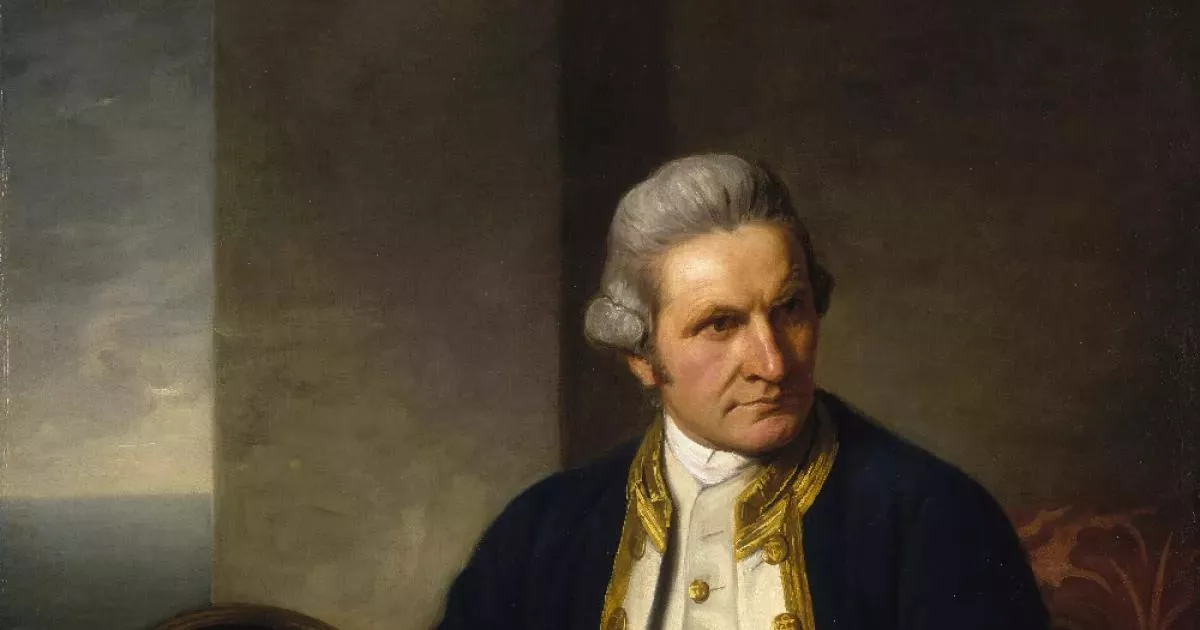James Cook was a British Royal Navy officer, explorer, and cartographer renowned for his three major voyages to the Pacific and Southern Oceans from 1768 to 1779. He is credited with completing the first recorded circumnavigation of New Zealand and leading the first documented European visits to eastern Australia and the Hawaiian Islands. His expeditions significantly expanded European knowledge of these regions and contributed substantially to navigation and cartography.
1959: Annual Reenactment of Cook's Landing Begins
Since 1959, an annual reenactment of James Cook's 1770 landing has been held near the original site in Cooktown, with the participation of the Guugu Yimithirr people. The reenactments celebrate the reconciliation when a local elder offered Cook a broken spear as a peace offering after a conflict involving green turtles.
2006: RRS James Cook Built
In 2006, the Royal Research Ship RRS James Cook was built and put into service for the UK's Royal Research Fleet.
Mentioned in this timeline
Australia officially the Commonwealth of Australia encompasses the Australian mainland...
Canada is a North American country the second largest in...
Hawaii is a U S state located in the Pacific...
England a constituent country of the United Kingdom occupies roughly...
Trending

7 minutes ago Warriors face play-in, Curry's injury raises concerns, Kerr lowers expectations, Moody's role?

7 minutes ago Stephen A. Smith criticizes Draymond Green's comments on Nico Harrison as unfair.

8 minutes ago Kris Dunn Recovered From Injury, Briefly Exited Game After Elbow Contact

8 minutes ago Al Horford's Role Shifts: Back to Starting Lineup, Then Bench, Mindset Revealed.

1 hour ago Jafar Panahi faces restrictions, continues filmmaking despite adversity and imprisonment in Iran.

1 hour ago Joe Rogan Interviews RFK Jr. on Trump's ICE Raids and US Taxpayer Losses.
Popular

Jesse Jackson is an American civil rights activist politician and...

Hillary Diane Rodham Clinton is a prominent American politician lawyer...

Jim Carrey is a Canadian-American actor and comedian celebrated for...

XXXTentacion born Jahseh Dwayne Ricardo Onfroy was a controversial yet...

Kashyap Pramod Patel is an American lawyer who became the...

Michael Joseph Jackson the King of Pop was a highly...
